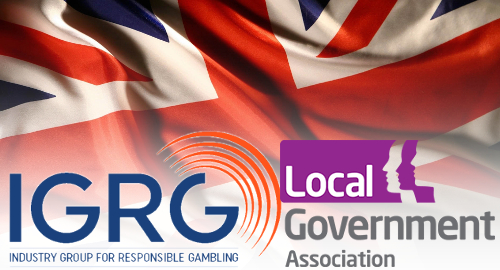 UK gambling industry stakeholders are implementing new self-imposed advertising rules while local councils want harsher curbs to mitigate problem gambling harms.
UK gambling industry stakeholders are implementing new self-imposed advertising rules while local councils want harsher curbs to mitigate problem gambling harms.
On Monday, the Industry Group for Responsible Gambling (IGRG) announced new additions to the Industry Code for Socially Responsible Advertising. The new rules, which focus primarily on social media and affiliate marketing, will be applied to the third edition of the Code, which is to be implemented by the end of this year.
The changes would require that all UK-facing operators employ age-screening tools to ensure under-18s from seeing gambling promos via Twitter, YouTube and the like. Affiliates of UK gambling operators would also be required to ensure their independent activities conform to the Code’s edicts.
The IGRG, whose members include the Association of British Bookmakers, the British Amusement Catering Trade Association, the Responsible Gambling Association, the National Casino Foundation and the Bingo Association, developed the first advertising Code in 2007 and updated it in 2016.
However, IGRG chairman John Hagan acknowledged that gambling advertising “has probably never been more in the spotlight than it is at present,” due to the recent deluge of negative media attention, including questionable practices by some affiliates of UK-licensed operators.
November is expected to bring the results of the UK government’s triennial review of the gambling sector, in which advertising plays a central role.
The Local Government Association (LGA), a cross-party group representing local councils across the UK, issued a call last week for tighter restrictions on gambling advertising “to help protect young people from developing potential gambling problems as they grow older.”
Among the LGA’s many concerns are the potential for children to follow gambling companies via social media, the growth of televised betting adverts, as well as non-advertising-related demands, including a reduction in the maximum stake on betting shops’ fixed-odds betting terminals, and the long-sought right to reject new betting shops if an area contains existing “clusters” of such venues.
The LGA’s Simon Blackburn claims the group’s members “are not anti-bookies” but claims it is “vital that improved social responsibility measures are implemented to help to reduce” problem gambling activity.